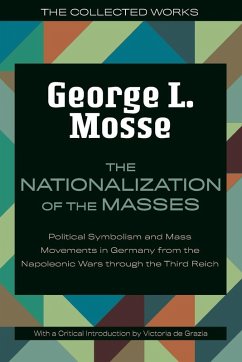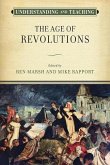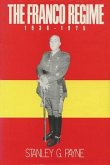First published in 1975, The Nationalization of the Masses is George L. Mosse's major statement about political symbols and the means of their diffusion. Focusing on Germany and, to a lesser degree, France and Italy, Mosse analyzes the role of symbols in fueling mass politics, mass movements, and nationalism in a way that is broadly applicable and as relevant today as it was almost fifty years ago. In this analysis Mosse introduces terms like "secular religion," "political liturgy," "national mystique," "the new politics," and "the aesthetics of politics" that are now standard in studies of nationalism and fascism, demonstrating the importance of his cultural, anthropologically informed lens to contemporary discourse. This new edition contains a critical introduction by Victoria de Grazia, Moore Collegiate Professor of History at Columbia University, contextualizing Mosse's research and exploring its powerful influence on subsequent generations of historians.
Hinweis: Dieser Artikel kann nur an eine deutsche Lieferadresse ausgeliefert werden.
Hinweis: Dieser Artikel kann nur an eine deutsche Lieferadresse ausgeliefert werden.








